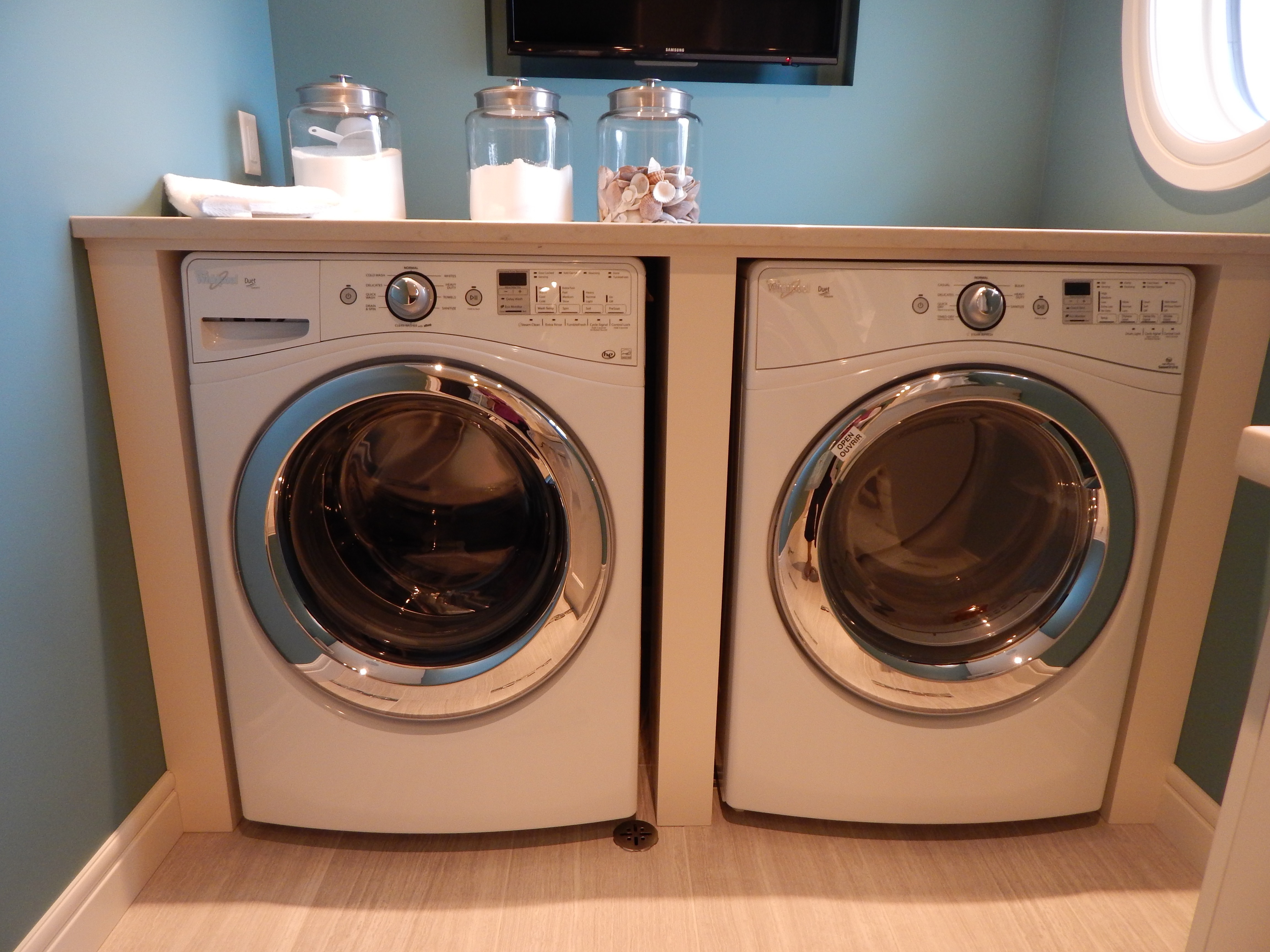Safety Tips To Prevent Appliance Fires
For Release
February 6, 2019
When we think of household appliances, we tend to think how they simplify our lives; yet, the furthest from our minds is how they pose a fire and injury risk if not properly maintained. According to the U.S. Fire Administration (USFA), there are thousands of residential fires, each year, which involve appliances that result in deaths, injuries and millions of dollars in property loss. To keep you and your family safe follow this simple appliance fire safety tips:
Washers & Dryers
The leading cause of fires in washer and dryers is failure to clean.
Dryer
- Have your dryer installed and serviced by a professional.
- Don't overload the dryer.
- Keep the area around the dryer free of items that can burn.
- Clean lint filter before or after each use.
- Don't operate the dryer without a lint filter.
- Remove accumulated lint around the drum and the back of the dryer where lint can build up.
- Annually, clean lint out of the venting system behind the dryer to make sure that it is not damaged, crushed or restricted.
- Check the outdoor vent covering; make sure it opens when the dryer is operating and nothing is blocking the vent.
- Gas dryers should be inspected annually by a professional to ensure the gas line and connection are intact and free of leaks.
- Don't leave the dryer running if you leave home or when you go to bed.
Washer
- Avoid overloading the machine.
- Make sure the machine is properly grounded.
General Appliance and Electrical Fire Safety Tips
- Immediately fix appliances or lamps that sputter or spark.
- Keep appliances away from wet areas, especially in the kitchen, bathroom, basement, and garage.
- Always plug major and small appliances directly into a wall outlet.
- Use laboratory-tested extension cords with built-in circuit breakers.
- Don't overload extension cords or wall sockets.
- Check to be sure connections are secure; poor connections can cause sparks that may start a fire.
- Avoid running extension cords across doorways or under carpets.
- Regularly replace or repair loose or frayed cords.
- Check wiring for outlets that don't work, light switches that are hot to the touch, lights that flicker. If you are experiencing these problems have it checked by an electrician.
- Keep clothes, curtains, and other potentially combustible items away from anything that can burn.
- When using heaters, keep at least 3 feet from combustibles.
For additional information, visit the U.S. Fire Administration www.usfa.fema.gov and the National Fire Protection Association www.nfpa.org.
Prince William County Department of Fire and Rescue System Acting Chief Tim Keen advises residents to be prepared by installing smoke alarms and developing a home fire escape plan should a fire occur in your home.

